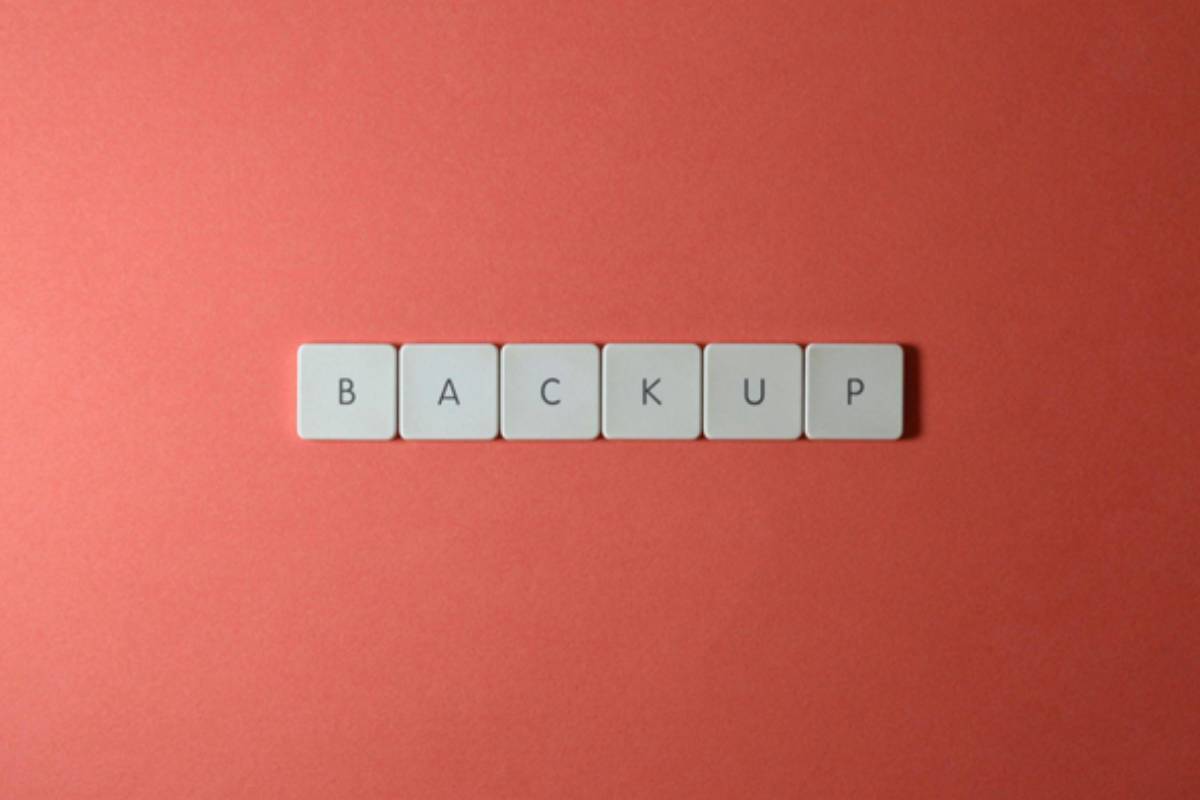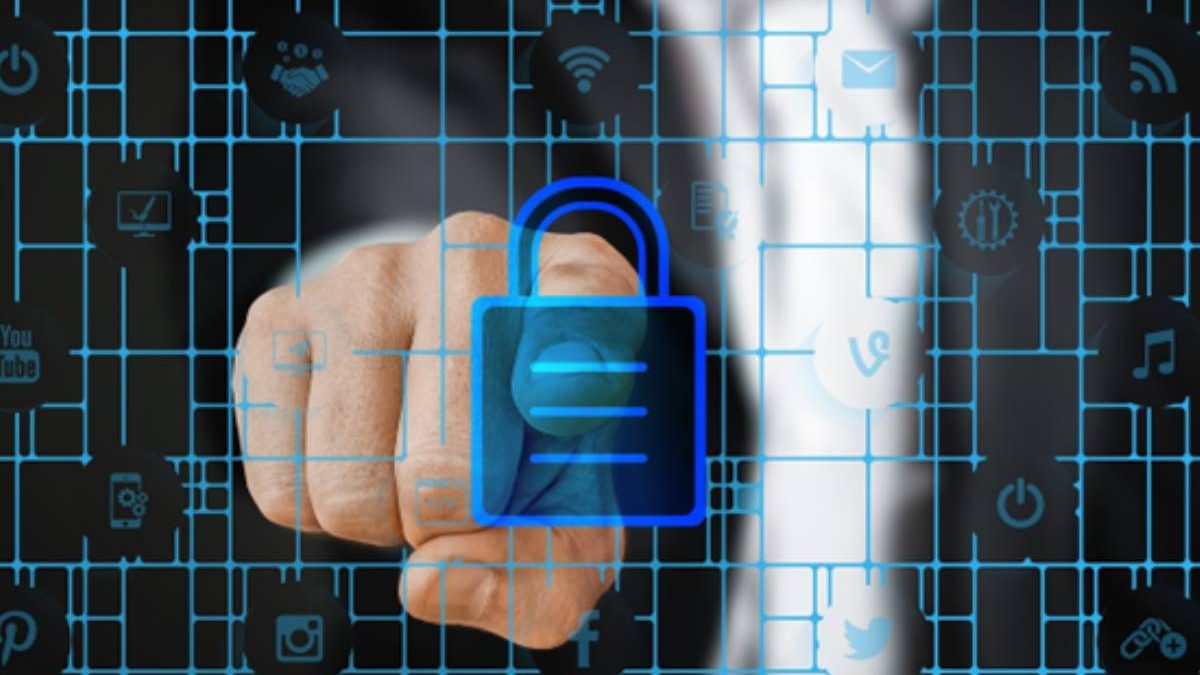Prioritizing the security of dedicated servers, which host your website or web applications, is crucial. Neglecting the security of these servers can result in security violations, loss of data, and disruptions in service.
With cyberattacks escalating annually, and the average cost of a data breach reaching nearly $4 million, ensuring the security of dedicated servers is more critical than ever.
This article delves into the most common security breaches and the best methods to safeguard dedicated servers against them. Continue reading to discover strategies for protecting your dedicated server and averting catastrophic data breaches.
Table of Contents
The Importance of Dedicated Server Security
Owning a dedicated server means complete control over its configuration. This autonomy is a significant advantage of dedicated servers and contributes to their popularity.
However, this also implies that the responsibility of establishing a robust security system for your server lies with you. Here are key reasons why cybersecurity is essential and how you can secure your servers:
- Defending Against Malware: Malware, software designed to steal data, often lurks within legitimate applications or scripts. Once it infiltrates your server, it attempts to harvest your data. To shield your hosted applications from malware, opt for a hosting provider that offers ongoing vulnerability scans and real-time server monitoring.
- Preventing Password Breaches: Weak, simple passwords are a primary avenue for hackers to access dedicated servers. Crafting complex passwords with a mix of letters, numbers, and symbols can prevent unauthorized access. Use distinct passwords for different services like the control panel, FTP account, and email, and change them regularly.
- Guarding Against Software Vulnerabilities: Hackers often exploit software vulnerabilities to access servers. To prevent such breaches, install only regularly updated software and ensure it’s equipped with the latest security patches.
- Thwarting DDoS Attacks: Denial of service attacks, which flood your server with excessive traffic and spam, pose a significant threat. To protect your hosted site from the repercussions of a DDoS attack, select a dedicated server with DDoS protection.
Implementing Security Updates and Patches
Neglecting to update software can leave your system vulnerable to hacker exploits. Regular security patches released by app developers address these vulnerabilities. Avoid using outdated software and services, as this can leave security gaps open. Promptly updating to the latest security patch is crucial. For those who find regular updates burdensome, a managed dedicated server might be a better option.

Implementing DDoS Protection
Distributed denial of service attacks aim to overload and crash websites or servers with sudden, massive traffic. These attacks can cause financial harm and make your website or apps unavailable. To guard against these, choose a dedicated server with built-in DDoS protection. Such servers have DDoS shields that filter incoming traffic, blocking malicious requests while allowing legitimate traffic.
Conducting Routine Malware Scans
Your system can be compromised by various forms of malware, such as viruses, worms, trojans, and spyware, risking confidential information. To protect your dedicated server, regularly schedule malware scans. Employing antivirus software is a prudent step, as it can identify and quarantine malicious software before it inflicts harm.
Additionally, utilize malware scanners. These automated tools safeguard against security threats by examining your server for all malware types.
Establishing Individual User Accounts
Root access to the dedicated server should be reserved for the system administrator only. Other users should have individual accounts with restricted privileges. Limit permissions to prevent unauthorized software installations, which could be malware. The admin can also have a personal account to avoid always logging in with root access, which is a security best practice.
Using Secure Networks Only
Always use secure networks when accessing your dedicated server. Public networks are vulnerable, and your server’s security is only as strong as the weakest link in your network. Avoid using open WiFi networks for logging into your server, as this can expose your credentials. Stick to trusted networks for enhanced security.
Enforcing a Rigorous Password Policy
Weak passwords are a gateway for brute force attacks. Create robust passwords using a mix of numbers, symbols, and both lowercase and uppercase letters. Avoid predictable or personal information in passwords. This policy should apply to all user accounts. Regularly changing passwords and implementing two-factor authentication adds an extra layer of security against unauthorized access.
Changing Your SSH Port
Standard SSH ports are common targets for hackers. The default SSH port, typically set to 22, is particularly vulnerable. To deter brute force attacks, change your SSH port, preferably to a number above 1024, as most scanners don’t typically scan beyond this range. This helps keep your SSH port concealed from automated scanning tools.
Eliminating Redundant Software
Unused software can become a security vulnerability. Often overlooked and not regularly updated, such software can be a gateway for hackers to access your dedicated server and pilfer confidential information. The best course of action is to uninstall any software that is no longer in use.

Regular Data Backups
It’s crucial to maintain backup copies of your important data. Data loss can occur due to various reasons, including cyberattacks, hardware malfunctions, or natural disasters, despite robust security measures.
However, don’t centralize all your backups in one location. Employ multiple backup methods across different media types. A recommended approach is the 3-2-1 backup strategy: create at least three copies of your data, store them on two different storage mediums, and ensure one copy is kept offsite. For instance, you might store a backup on an office hard drive and another on a secure dedicated backup server. Keeping all backups in one location, like a single building, risks total data loss in events like a fire.
Safeguarding Your Databases
Databases are repositories of valuable data, making them prime targets for cybercriminals. To shield your databases from breaches, particularly from SQL injection attacks that introduce harmful SQL statements to manipulate data, ensure they are fortified against such intrusions.
To enhance database security, restrict access as much as possible. Minimizing user privileges is key in this regard. Also, eliminate any redundant files and services, as savvy hackers can exploit these. Unnecessary features and services that are still operational can become security liabilities, exposing user data and communication channels.

